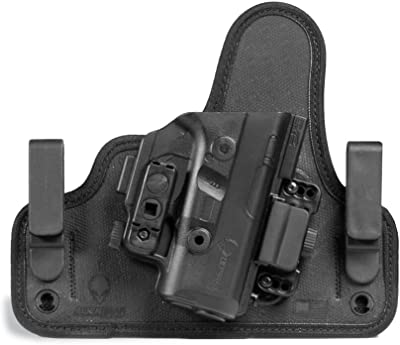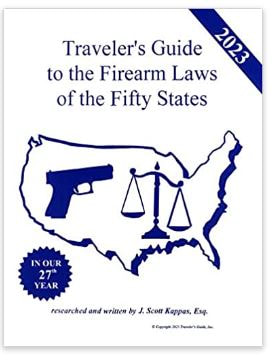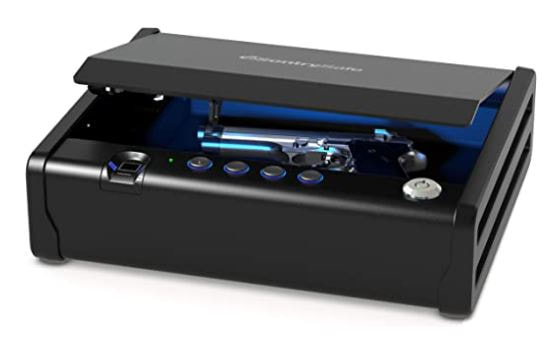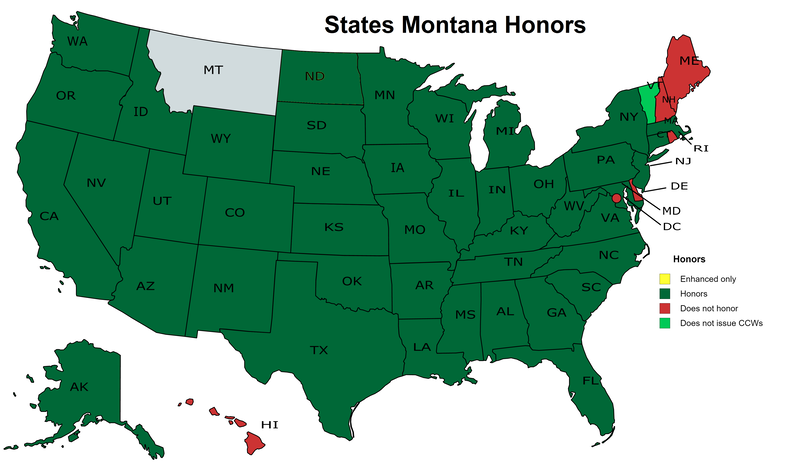Montana
The right of any person to keep or bear arms in defense of his own home, person, and property, or in aid of the civil power when thereto legally summoned, shall not be called in question, but nothing herein contained shall be held to permit the carrying of concealed weapons. (State Constitution, Article 2, Section 12)















